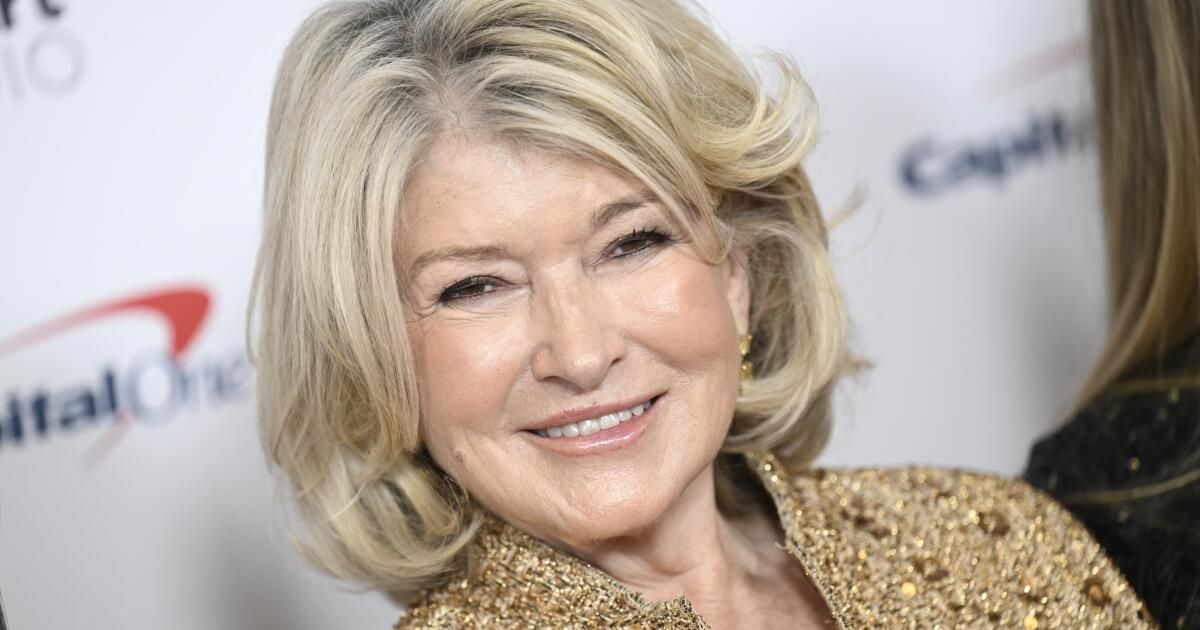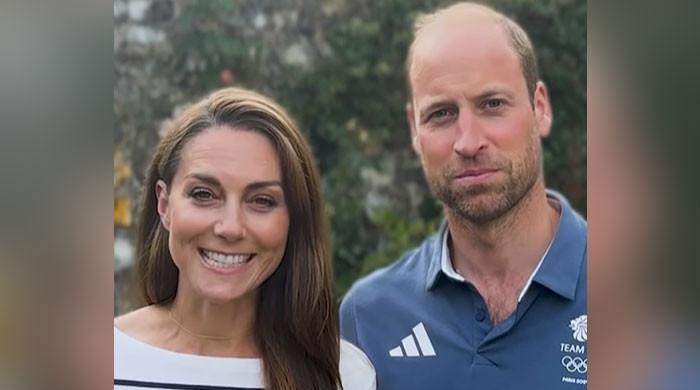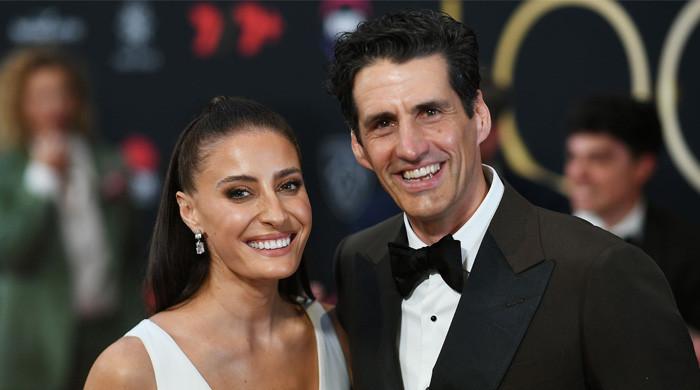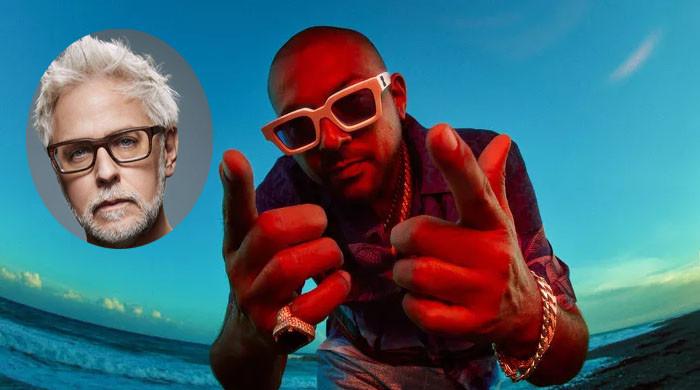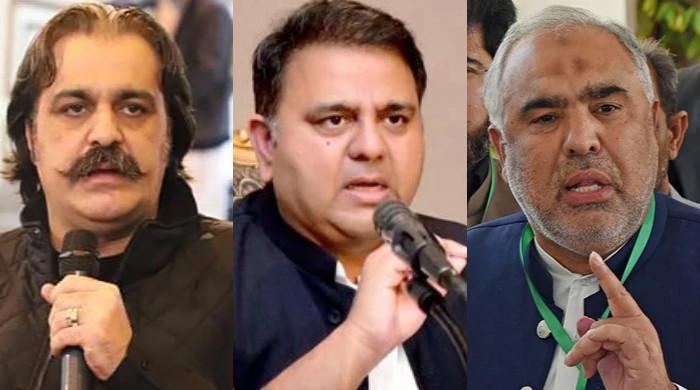Martha Stewart believes it is necessary to make a second version of the much talked about Netflix documentary about her life.
The down-to-earth lifestyle mogul, who hasn't held back on her criticism of RJ Cutler's film, admitted Thursday that the documentary was “okay” overall. But she still has some problems with that.
“He left a lot aside. So I'm going to talk to them about the possibility of doing version two,” the 83-year-old told “The Tonight Show” host Jimmy Fallon. “There is much more to my life. I mean, I've been around a long time and I thought maybe we'd left out some things… good things.”
The Martha Stewart Living founder, who appears occasionally upset throughout the documentary, told Fallon that she didn't enjoy the process of making the film.
“No, I didn't like it,” he said. “I don't like going to psychiatrists and talking about your feelings and all that. And the director was very intense in going deeper. But that came out, good things came out. “It has a little juice.”
The lifestyle author, who is in the media for her 100th book, “Martha: The Cookbook,” not the documentary, also teased her upcoming autobiography, which she says is “even more revealing “than the Netflix movie.
“Martha” delves into Stewart's challenging upbringing and her contentious marriage to editor Andy Stewart, including accusations of cheating. It also highlights her brief time in prison and her successful turn to rebrand herself as an influential, intelligent elderly woman who is friends with hip-hop icon Snoop Dogg. The film, which features intimate photographs, diary entries and letters from her personal archive, notably includes a probing interview with Stewart in which she appears guarded and brutally honest.

Cutler, a three-time Emmy winner and Oscar nominee, recently told the Times that Stewart's interview reveals “a lot about Martha objectively, but you also learn a lot about her as a woman.” character. “You see how challenging it was for her to confront so much of her own history.”
In particular, the filmmaker of “The World According to Dick Cheney” and “The September Issue” said that the interview is “a window into [Stewart] like an unreliable narrator.”
“Of course, Martha would have made a different movie than I did,” he said. “On some level. “I am grateful that she pointed out that this is my film and that I already have the final cut.”
Stewart publicly criticized the film and recently gave it a scathing review in the New York Times. She told the outlet that she gave Cutler “full access” to her file but that he “actually used very little of it.” He also said he liked the first half of the documentary, but felt the second half was “a little lazy.”
“Those last scenes where she looked like a lonely old woman walking bent over in the garden? Wow, I told him to get rid of those. And he refused. Yo hate Those last scenes. I hate them,” the Sports Illustrated swimsuit model said.
The “Pixels” and “Bad Moms” actress said Cutler chose “terrible” classical music instead of her preferred hip-hop for the film's music, used unflattering camera angles, failed to capture the essence of his magazine and omitted his grandchildren. In another article published a day after her review, she alleged that she had a “collaboration clause,” which gave Cutler final say on the film, but also required him to “consult meaningfully” with her about its development, production, distribution and exploitation. . The director also had to inform him “meaningfully and quickly” about “any and all material updates,” he said.
Cutler, who has denied having a collaboration clause (which can also be called a consulting clause), has continued to staunchly defend his work weeks after the documentary began airing. He has said that he is very proud of the film and admires Stewart's courage in trusting him to make it.
“I'm not surprised that you have a hard time seeing some aspects of it,” he told the New York Times.
The filmmaker said he allowed Stewart to watch in-progress versions of the documentary “three or four times” and “engaged in thoughtful conversations with her and her team about it.” But, he said, even with the back-and-forth, the final editing decisions were his alone.
Speaking on “The Town With Matthew Belloni” podcast this week, Cutler said she knew Stewart was upset that she didn't make the changes she wanted, defended her work as “the process” and joked that she “fantasizes.”[s]” about one day posting the text message he received from her. At one point he claimed that Stewart called him to ask a favor and he agreed with the caveat that she “needs[s] Be nice to me.” He claimed that she instead said she would “ask someone else” and hung up on him.
“Guess what, Martha saw the movie and told me what she thought about it. …She gave me feedback and was upset that I didn't make the changes she wanted to make, but this is a process. It takes an enormous amount of courage on your part to trust me. I respect that,” Cutler said.
“It's very, very difficult to be the protagonist of one of these films and look at it with any kind of objectivity. “This is a process that I understand and you have to be empathetic with the subject, but that does not mean that she has control of the film,” he added.
Earlier this week, Stewart praised the film on “The Drew Barrymore Show” and said his grandchildren liked the documentary. Stewart, who bristled when the sensitive host asked her what made her feel “soft and sticky,” said she thought the film was “a good representation of a woman of the 20th and 21st centuries, who gives hope and cares about the world.” feminine gender in the United States. , In fact.”
Times staff writer Meredith Blake contributed to this report.

